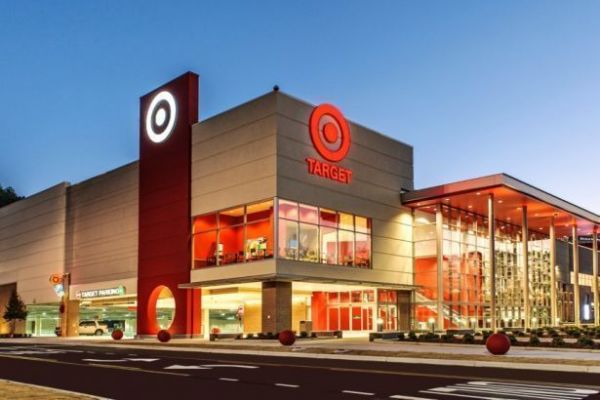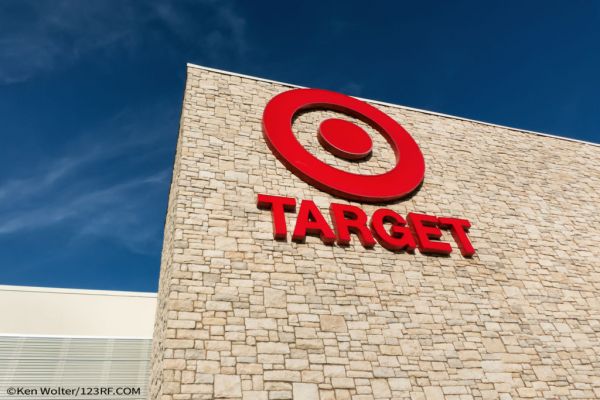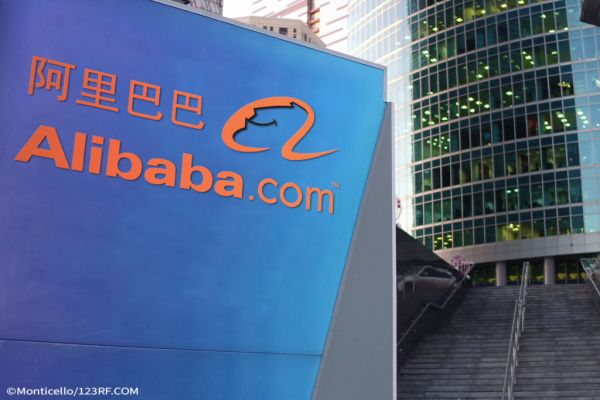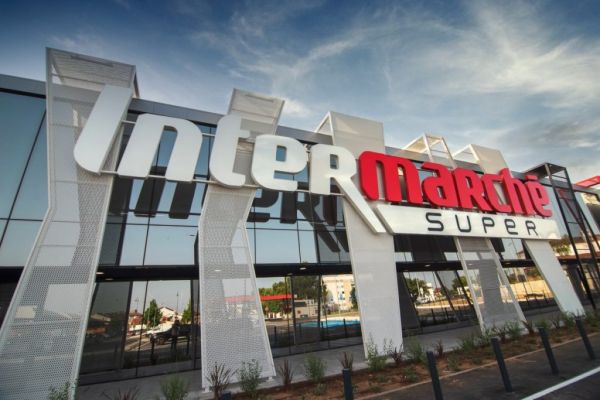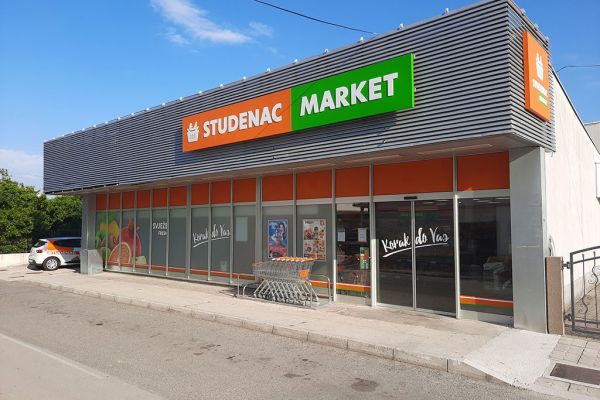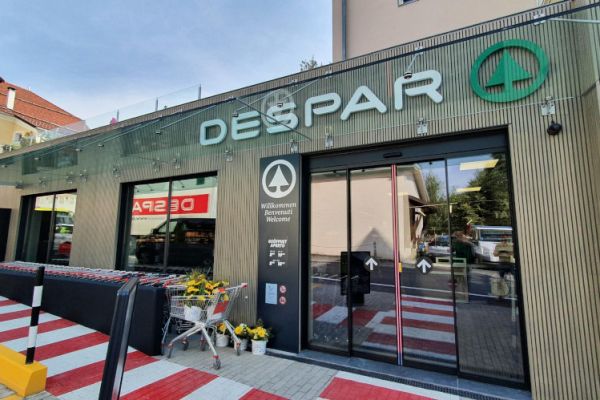Three top U.S. retailers almost quadrupled their combined spending on lobbying in Washington during the first quarter of 2017, as they work to defeat a corporate-tax proposal that some have said threatens their industry.
Target Corp., Best Buy Co. Inc. and Gap Inc. spent almost $3.2 million combined on lobbying during the quarter -- up from $830,000 in the same period a year ago -- according to federal lobbying disclosures filed Thursday.
The retail industry’s top issue since President Donald Trump took office in January has been to defeat the border-adjusted tax that’s central to House Speaker Paul Ryan’s plan to overhaul the tax code. Trump himself hasn’t announced a position on the proposal, which would tax U.S. companies’ domestic sales and imports at 20 percent, while exempting their exports.
Chains such as Target and Wal-Mart Stores Inc., which rely on imported goods, have led the way in denouncing the measure. Both Target, which spent almost $1.3 million, and Gap, which spent $660,000, said in their filings that they had lobbied on the tax proposal. Best Buy, which spent more than $1.2 million, cited lobbying on “comprehensive tax reform” generally.
Wal-Mart disclosed spending almost $2.2 million in the first quarter, an increase of $140,000 over the first quarter of 2016. Among the concerns it listed was the “House tax reform blueprint,” a document released in June that includes the BAT. Other concerns included prescription drug costs, the Dodd-Frank financial-regulatory law and the food-stamp program.
Companies Divided
The opponents say the BAT would hurt their businesses while increasing prices for U.S. consumers. Supporters, which include General Electric Co., say the tax would create an incentive to make products in the U.S. Because the border-adjustment provision is estimated to raise more than $1 trillion over 10 years, supporters also say the BAT is key to paying for a cut in the corporate tax rate to 20 percent from 35 percent.
In addition to the increases for the four retailers, the National Retail Federation, one of the industry’s main advocacy arms, devoted $2.3 million to lobbying during the quarter, a slight increase from the approximately $2 million it spent the same period in 2016. The Retail Industry Leaders Association, another major advocacy group involved in the tax reform battle, allocated $680,000, up $20,000 from 2016.
The lobbying figures are for all activities, rather than tax reform specifically, but it’s clear that the BAT is the retailers’ top lobbying objective, given past statements and the impacts they say it will have on their businesses.
“No other issue galvanized the industry like this one,” Brian Dodge, RILA’s senior executive vice president of public affairs, said earlier this month. “Until the sponsors declare it dead, we will continue to fight against it.”
Koch Spending
In addition to retailers, the public filings show that the lobbying arm of Koch Industries Inc., which spent $3.1 million on lobbying during the quarter, kept an eye on House Republican’s tax blueprint that contains the BAT proposal. Billionaire brothers Charles and David Koch, who have been major supporters of Ryan, are working to defeat the border-adjustment proposal.
Some companies supporting the tax, including Dow Chemical Co., have also increased their lobbying. Dow spent more than $5.2 million on lobbyists during the quarter, up from nearly $4.8 million in the first three months of 2016. Supporters General Electric and Eli Lilly & Co. increased their spending slightly, while Boeing Co. decreased the money it put toward its lobbying.
In addition to companies’ in-house lobbyists, some third-party firms have also joined the tax fight. Less than two weeks into Trump’s term, NRF hired the American Continental Group to work on tax issues, among other things, according to filings. The firm’s president, David Urban, was one of the architects of Trump’s crucial electoral win in Pennsylvania.
News by Bloomberg, edited by ESM. Click subscribe to sign up to ESM: The European Supermarket Magazine.
